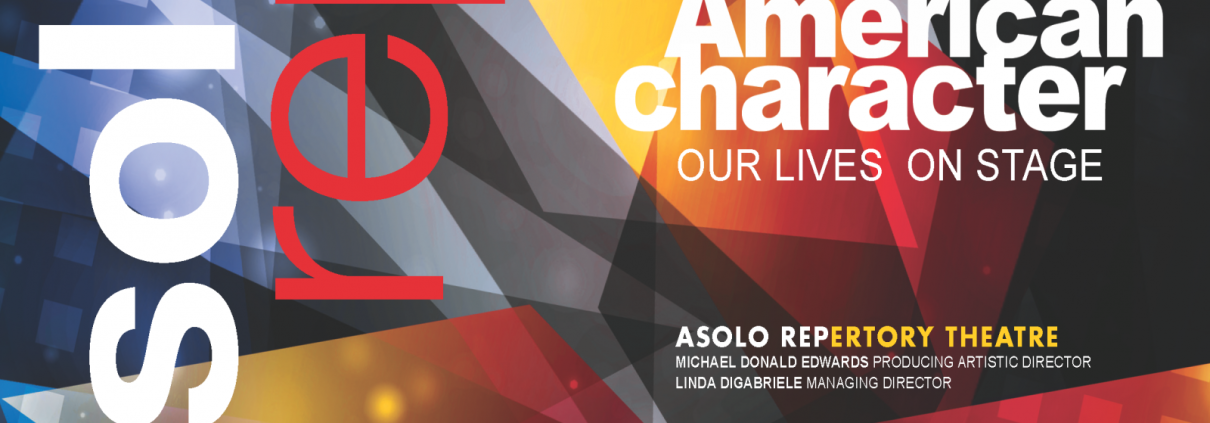Our Lives on Stage: in the National Conversation
Asolo Program Essay, 2015-2016 Season
Opening Section
Guess who’s coming to dinner? The question contains a surprise, of course, but it is also a provocation, a challenge, a test for the person who hears it. In Todd Kreidler’s play, Joanna Drayton asks her fiancé and her family to “guess who” and – as it goes in the theatre and in life – also uses the question to ask them so much more. For audiences like us, who have seen the famous 1967 film Guess Who’s Coming to Dinner, exactly who is coming to dinner is not really a surprise anymore. But knowing the plot ahead of time, particularly with a story this relevant, doesn’t make the ideas contained in the play any less fascinating or any less shocking; instead the intervening time between the late sixties and Asolo Rep’s 2015-2016 season seems to have made these ideas more rich, more nuanced, even more relevant.
This season’s theme at Asolo Repertory Theatre is “Times of Change,” and the artistic team, led by Michael Donald Edwards, has turned the focus to periods in American history when there was powerful upheaval and great conflict. These times of change go way, way back. The season opens this year with the great American musical West Side Story, a show that describes a fictional conflict between a white gang and a Puerto Rican gang in the New York of the late 1950s, but when West Side Story was first conceived by Jerome Robbins, he actually imagined crafting a drama about a religious conflict – a Jewish Juliet and a Catholic Romeo, with families who would vehemently oppose their romance. Robbins, Arthur Laurents, and Leonard Bernstein eventually changed their minds: religious conflict seemed less interesting to them, less current for the 1950s, than the ethnic conflict on which they decided.




Leave a Reply
Want to join the discussion?Feel free to contribute!